












When the boys are training 3-4 times a day at rowing camp, getting the right mix of food and hydration is key to success.
Typicallya15-18-year-old,needsbetween2,500and2,800caloriesdaily. However,rowinggreatlyincreasesthesedemands.A1.5-hoursessioncan burn600to900calories,dependingontheathlete'sweightandtraining intensity.
Withtheboyslikelytrainingover3-4sessionsperdaythey’llneedon average5,000-6,000caloriesperday.
Thesecaloriesshouldcomefromabalanceofcarbohydrates,protein,and healthyfats,alongwithplentyofhydration.
Thisintakeisessentialformaintainingperformance,aidingrecoveryand supportinggrowthduringintensetraining.
We’reluckythatontrainingcampsinTwizelthesuppliedfoodcaterswell fortheboy’sneeds.NutritionistandpastparentKatrinaDarryoverseesthe menuplansandworkswiththeparentfoodteamtoensuretheboysare wellfed.
5000 - 6000 calories per day if doing 3-4 sessions.
What does this mean for a Kerrs Reach Camp?
Rule of thumb is double what they would normally eat.
The timing of when your son eats is just as important as what he eats. Refer to A GUIDE: WHAT TO EAT AND WHEN TO HAVE IT on the following pages.
Best of luck, and we hope this helps your son have a successful camp and season ahead!
Thefollowingmealplansareexamplesonlyand shouldbealteredtosuitindividualenergy requirementsdependingonageandtrainingload Ifboysarestrugglingtoeatormaintainweight throughouttheseason,pleaseseekadvicefromyour son’scoachorcoaches.Iffurtherassistanceis requiredthecoacheswillcontactKatrinaDarry

Nutrients are the building blocks that keep your body running smoothly. They can be broken down into a few key categories:
Calories come from three main nutrients:

Everything you eat contains calories, whether it's protein, fat, or carbohydrates. Calories fuel everything you do, and choosing the right sources will help you feel and perform better. The more intense your activity (like rowing), the more fuel (calories) your body needs Calories from nutrient-rich foods like vegetables and lean meats, also come packed with vitamins and minerals that help your body run efficiently.
Carbs are like quick fuel. When your son eats bread, rice, pasta, or fruit, his body turns those carbs into energy (glucose) that powers his workouts. Carbs are especially important because they give him the energy he needs for rowing
Protein and carbohydrates each provide 4 calories per gram.
Fat is more energy-dense, offering 9 calories per gram
Balancing your calorie intake with quality nutrition ensures you perform your best and recover properly.
Simple carbs (like sweets or fruit juice) provide quick bursts of energy but don’t last long.
Complex carbs (like whole grains, beans, and vegetables) give steady, long-lasting energy and come with other important nutrients like fiber Protein
Protein is what helps your son’s muscles repair and grow. After rowing, his muscles need to recover, and protein-rich foods like chicken, fish, eggs, and beans help with that.
Fats are another source of energy, and they help keep him full between meals Healthy fats come from foods like avocados, nuts, seeds, and olive oil.
Water is just as important as food, especially when training Rowing makes him sweat a lot, and he needs to replace those lost fluids
He doesn’t need huge amounts, but it’s important that each meal contains some form of protein.
You don’t want to overload on fat, but a bit with each meal is great for providing lasting energy. Eg a quarter of an avocado in a salad or on toast, a small handful of nuts or seeds as a topping or snack or a tablespoon of EVO Oil.
Vitamins& Minerals
These are the little helpers that keep his body running smoothly Vitamins and minerals are found in fruits, vegetables, dairy, and meat.
Make sure he’s drinking plenty of water throughout the day, and during long training days, a sports drink can help replenish the salts (electrolytes) he loses through sweat.
They help with everything from keeping his bones strong to boosting his immune system.
1.Pre-TrainingBreakfast (6:30-7:00AM)
Thismealshouldbecarbheavywithsomeprotein,to givehimenergyforthe morningsession.
Oatmealwithfruitandnuts orwhole-graintoastwith scrambledeggsandavocado.
Smoothiewithbanana, yogurt,andspinach.
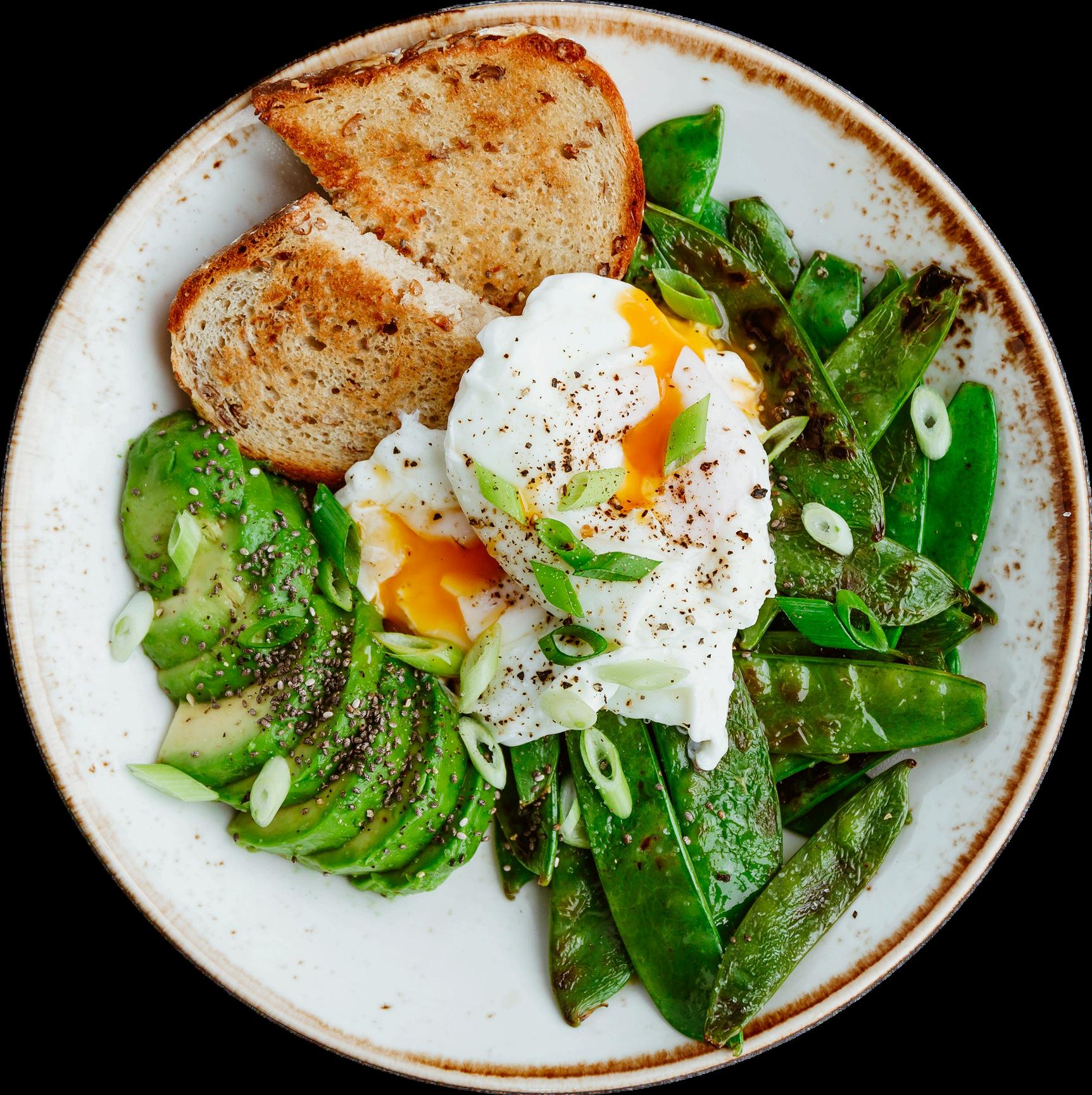
Watertohydrate.
5.Post-AfternoonTraining Recovery(4:30-5:00PM)
2.Post-TrainingSnack (9:00-10:00AM)
Afterthefirsttraining session,heneedsasnackrich inproteinandcarbsto kickstartrecovery.
Greek yogurt with honey and berries.Greek yogurt with honey and berries.
Chocolate milk – great for rehydration and muscle recovery.
Energybarwithbalanced carbsandprotein
3.Lunch(12:00-1:00PM)
This is a more substantial meal to replenish energy stores and help muscles recover.
Grilledchickenwrapwith whole-wheattortilla,salad, andcheese.
4.AfternoonPre-Training Snack(2:30-3:00PM)
Beforethenexttraining,he needscomplexcarbsfor slow-releaseenergy.
Peanutbutteronwhole-grain bread
Afteranothertraining session,it’scrucialtorefuel withproteinandcarbs.
6.Dinner(7:00-8:00PM)
Dinner should be rich in protein, carbs, and vegetables to replenish what was lost during the day and prepare for the next day’s sessions.
Brownricewithsalmonand steamedveggies.
Fruitonthesideandcontinue hydratingwithwaterora lightelectrolytedrink.
Fruitlikeanappleorbanana.
Trailmix(nuts,seeds,dried fruit).
7.EveningSnack(9:00PM) HydrationTips
A light snack to keep him fueled through the night.
He should drink water consistently throughout the day. Dehydration is a risk with multiple training sessions.
Proteinsmoothiewithmilk, proteinpowder,andfruit.
Pastawithleanbeefor chicken,marinarasauce,and asidesalad.
Greekyogurtwithsomefruit.
Electrolytedrinksareuseful duringparticularlylongor intensesessionstoreplace thoselostthroughsweat.
Turkeysandwichonwholegrainbread.
Low-fatcheesestick.
Stir-frywithbrownrice,tofu orchicken,andamixof colorfulveggies.
Cottage cheese with pineapple.
Chocolate milk is also great post-training as it hydrates and provides carbs and protein for recovery.
This is just a guide to get you started!
TWIZELCAMP EXAMPLES

YOU’REINARUSH
Bowl of porridge with cream + 2 eggs + 2piecesofwholegraintoast 250ml chocolate milk + Cheese Rolls + 1 Piece of Fruit
Overnight Oats + Pre-Prepped Breakfast Burrito with Potato and 2 x Eggs
400ml Smoothie + 2 Wholemeal Wraps/Rolls with Beef & Salad
Chicken Wholegrain Sandwiches with cheese and Salad + tub yoghurt HE’SFEELINGHUNGRY
+ 2 Egg Omelette + 1-2 pieces of wholegrain toast
EXAMPLES
chocolate milk + home baking + 1 piece of fruit
HE’SFEELINGHUNGRY Can of Creamed Rice + PinkBun+Apple
YOU’RENOTINARUSH Smoothie + Large Muffin + Fruit Salad
Lasagne + Garlic Bread + Salad Self-Serve
& Bacon Burger Fries + Coleslaw FruitProteinSmoothie
Bolognaise with Brown Spaghetti + Potato Salad + Corn/Peas/Carrots
Roast Lamb + Yorkshire Pudding + Roast/Mashed Potato + Roast Vegetable Salad + Green Beans
Custard + Fruit Salad + Ice-cream
Chia Pudding + Banana
A N G C E

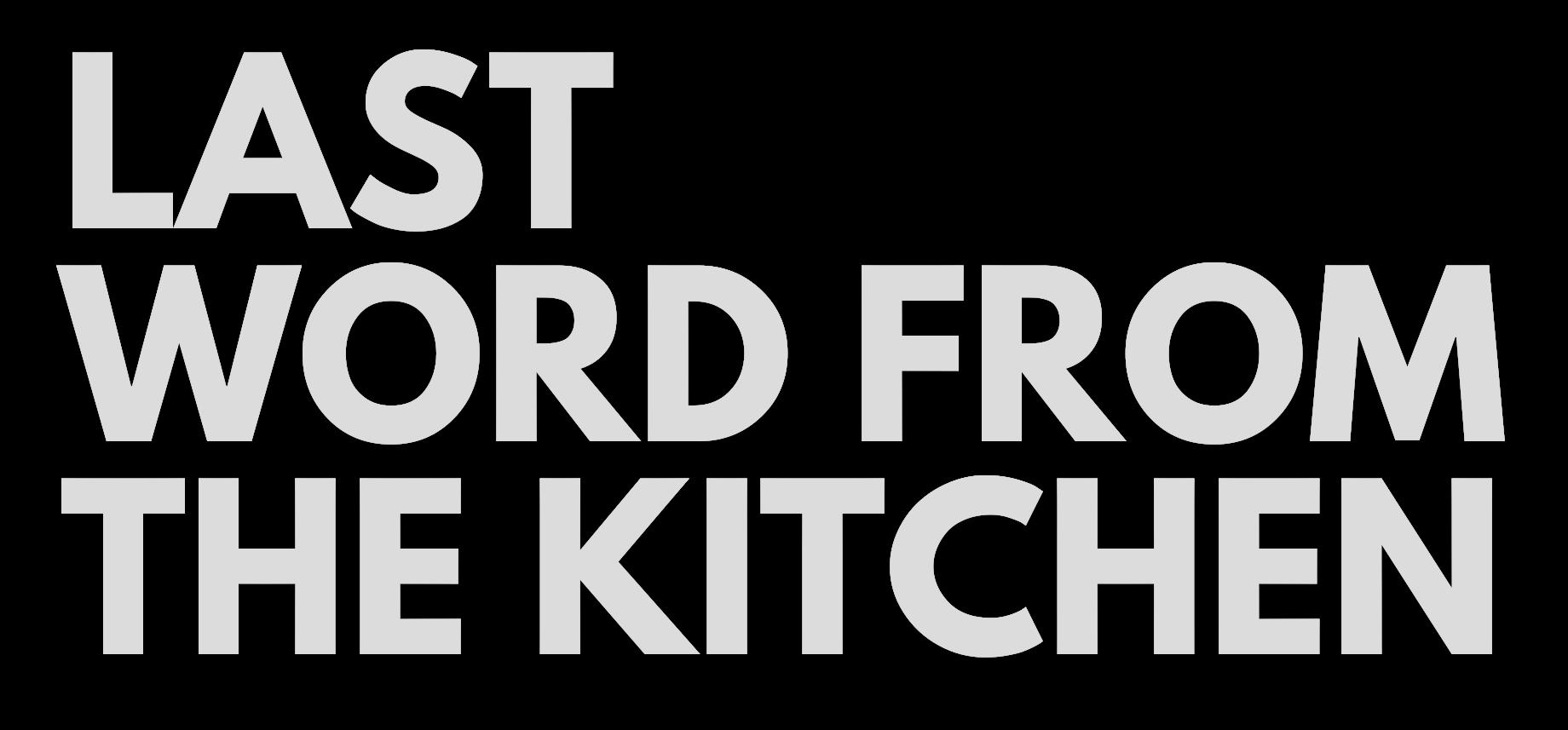
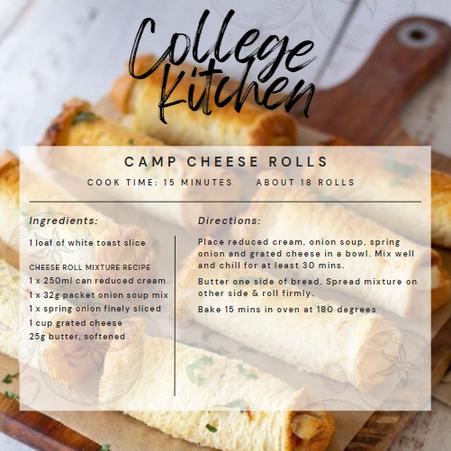
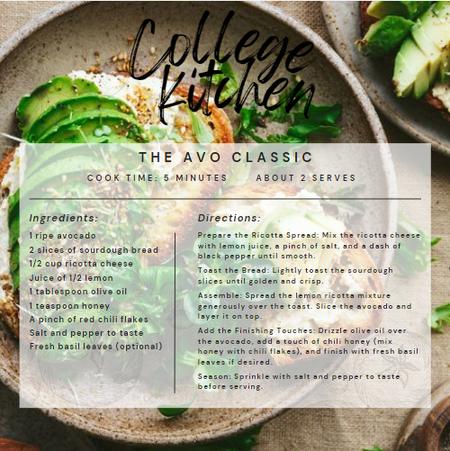
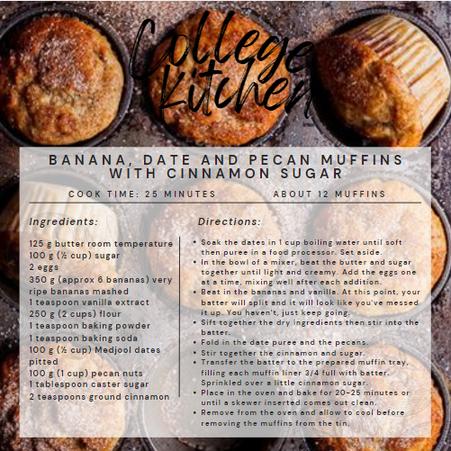
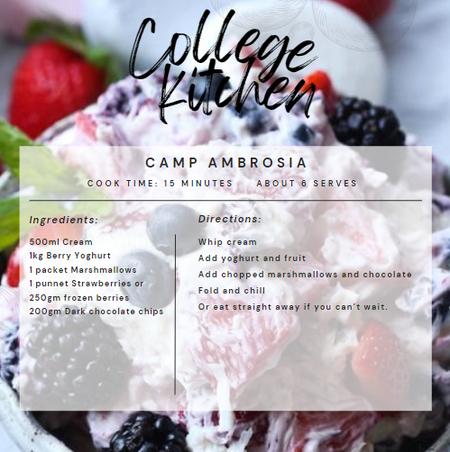

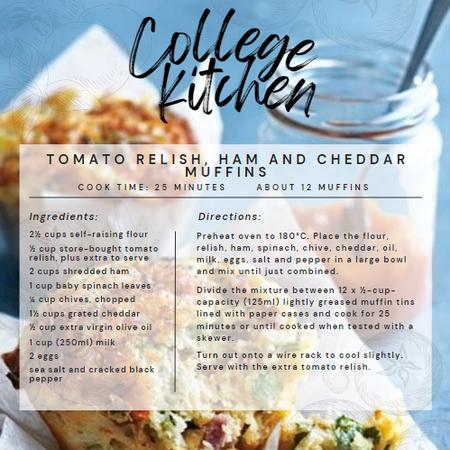
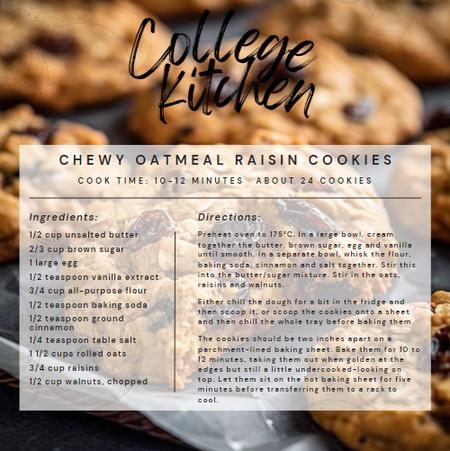


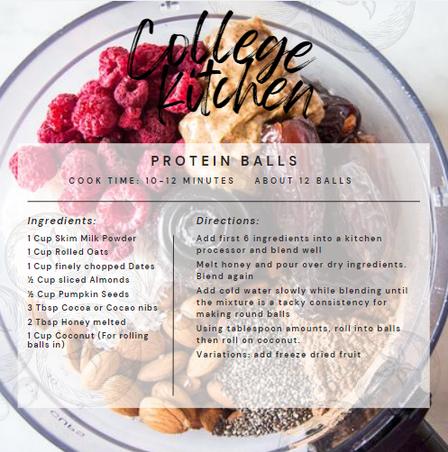


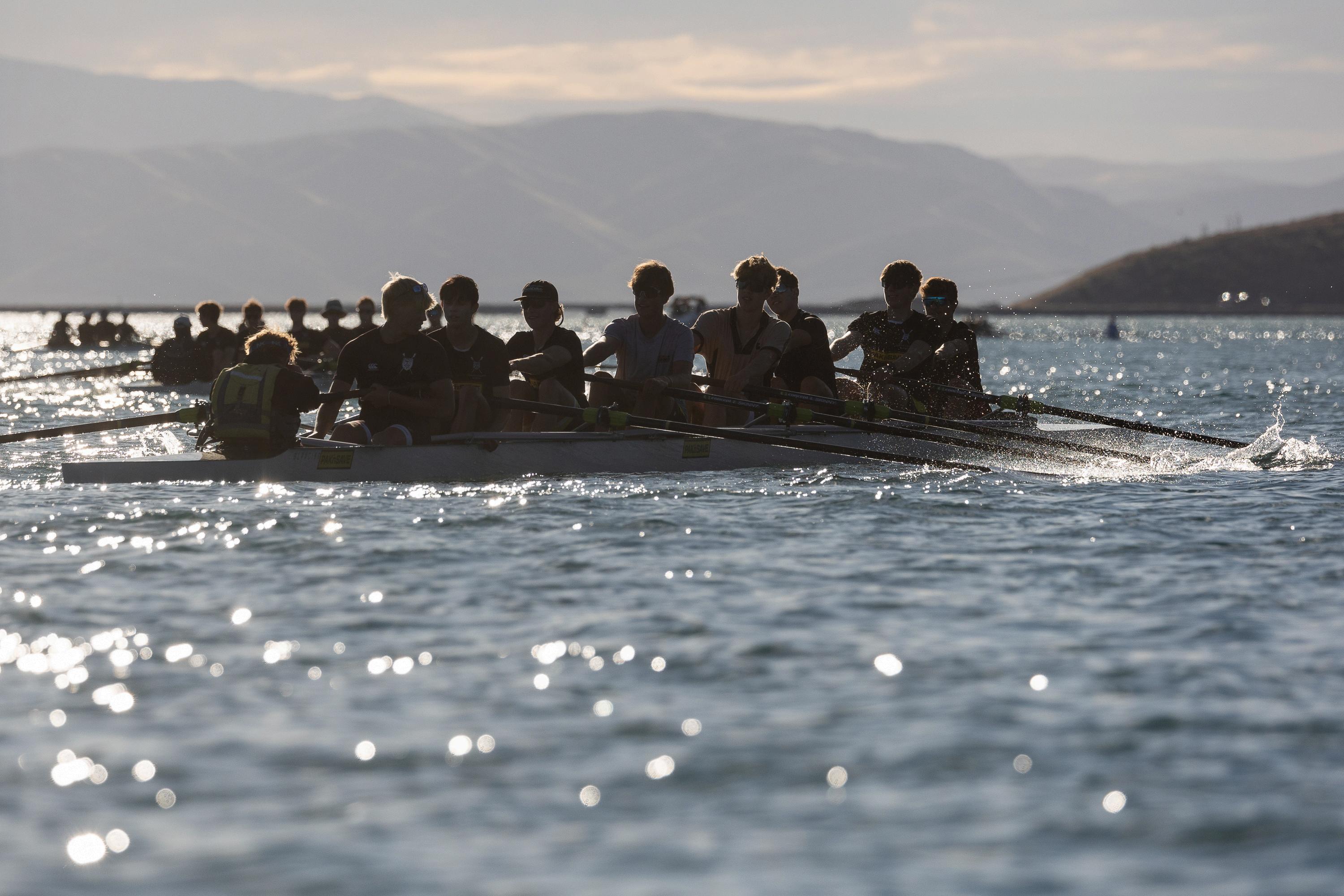
R O W ING P ARE N T S C MO M I ETT E
